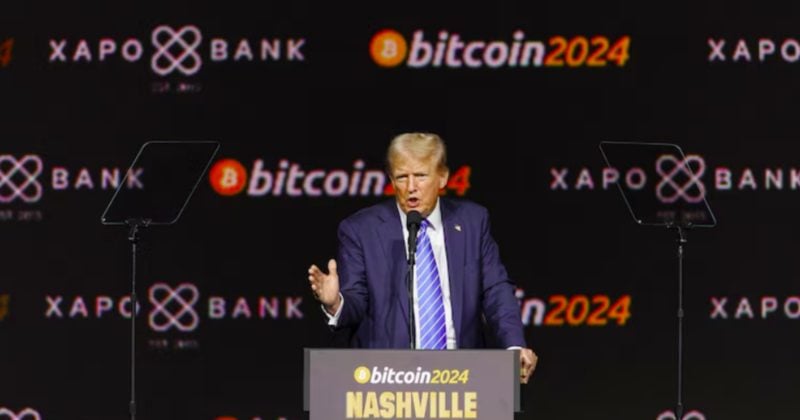The Royal Melbourne Institute of Technology’s (RMIT) pioneer Blockchain Innovation Hub — billed as the first social science research center into blockchain — is set to largely sideline its dedicated blockchain research unit in 2025, despite a historic crypto market rally.
From next year, the Hub will operate as a research group under the university’s finance school, and researchers will have to go back to teaching, according to a Dec. 12 email seen by Cointelegraph and confirmed by an RMIT spokesperson.
In the email, RMIT deputy vice-chancellor of business Colin Picker said the university is honing in on efficiency and must carefully choose where it sends resources. He said the new Blockchain Hub model was strategic as it will support student learning while allowing research to continue.
The future of the Blockchain Hub, which was established in 2017, has been in limbo since late November. Researcher Ellie Rennie publicly claimed it had been “shut down” on Nov. 22, but the institute’s co-director and her husband Jason Potts told Cointelegraph at the time that talks on the Hub’s future were “fluid” and “still in discussion.”
The change has interesting timing as Bitcoin (BTC) reached over $100,000 on Dec. 5, setting a new all-time high for the cryptocurrency and pushing the rest of the crypto market upward.
Hub staff unhappy about the change
Potts told staff about the change in an internal message on Dec. 12, adding, “It’s not what we were hoping for.” He said that the Hub would be “shutting down” on Dec. 23.
RMIT’s change to the Blockchain Hub surprised staffers, who were confused and angry at the decision, a person familiar with the situation told Cointelegraph. The person said that very few Hub staffers have teaching experience, but starting next year, they’ll be required to spend nearly half of their time doing just that.
They explained that the change to the Hub means dedicated research on blockchain tech will likely end at RMIT as research groups — which the Hub will be — are less serious, more informal and don’t require honing in on an area of research.
The person said it’s likely that blockchain researchers will eventually be drawn away from the technology, but as most of the Blockchain Hub’s staff are associate professors or professors, they’ll need to keep publishing research while also teaching.
RMIT Building 97 in central Melbourne houses the Blockchain Innovation Hub. Source: Apple Maps
People with knowledge of the matter previously told Cointelegraph that the Hub was underperforming, as the quality of its research had declined since it opened in 2017 and it wasn’t winning the funding needed to be self-sustaining.
A person familiar had said Potts had told Blockchain Hub academics that they were expected to be “industry-engaged and entrepreneurial” and that being published in top-tier journals — important for getting research funded — “was a secondary consideration.”
Related: Australian fintech landscape shrinks, blockchain, crypto take 14% hit
The Hub’s new setup comes just weeks after support for crypto seemingly changed overnight, returning to the mainstream in a big way with the United States elections.
President-elect Donald Trump has promised to back the crypto industry when he takes over next month. Regulators in many countries look to the US for guidance on how to regulate their own markets.
In Australia, a small number in the center-right Liberal Party have pledged support for the local industry in the lead-up to a federal election slated on or before May 17, which Coinbase’s lobbying arm is aiming to influence.
Magazine: Comeback 2025 — Is Ethereum poised to catch up with Bitcoin and Solana?

 1 week ago
9
1 week ago
9








 English (US) ·
English (US) ·